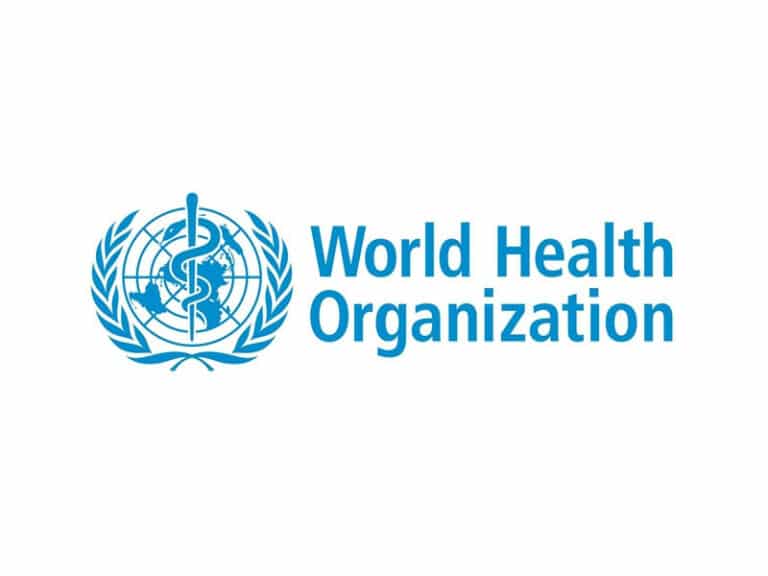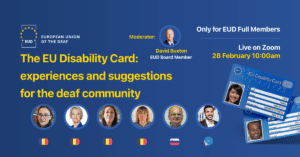On 9th October, EUD followed the World Health Organization’s (WHO) launch event on “Mental Health, Human Rights, and Legislation: Guidance and Practice.” During the introduction of the event, the moderator, Mr Daniel Bergner – journalist and writer – highlighted the failure of existing laws to address the social factors affecting mental health and to provide adequate standards of quality for mental healthcare services.
The WHO, together with the Office of the United Nations High Commissioner for Human Rights (OHCHR), produced a guidance to call on countries to address mental healthcare discrimination and ensure a holistic approach that does not exclusively entail a medical approach. Indeed, as restated by WHO Director-General, Mr. Tedros Adhanom Ghebreyus, “mental healthcare is, like health in general, a human right.” However, nowadays, many people suffer from discrimination and human rights violations when trying to access mental healthcare due to their disability.
In the overview of the guidance, Ms. Devora Kestel – WHO Director of Mental Health and Substance Use – highlights three main topics explored by the document, namely: countries facing complex situations with a huge cost on the mental health of individuals and communities, prioritization of investment in rights-based approaches to mental health, and necessary changes for high-level political as well as legislative reforms. Ms. Kestel concluded the overview by acknowledging that such guidance represents a first step towards changing current political and legal frameworks. She also stated that countries need to undertake an evaluation of mental health systems as well as collaborative discussions among stakeholders on how to implement the guidance in respect of human rights commitments.
EUD welcomes the launch of this guidance and acknowledges the necessity for improvements in the approaches to mental health in different countries. Indeed, as highlighted in the EUD Policy Recommendation on Access to Healthcare, deaf people are often obliged to seek national sign language interpretation during mental healthcare services through relatives, in violation of the principles of mental healthcare, or to renounce mental healthcare altogether. EUD calls on EU Member States and relevant stakeholders to ensure access to mental healthcare for deaf people, in compliance with the human-rights approach presented by the WHO guidance.












